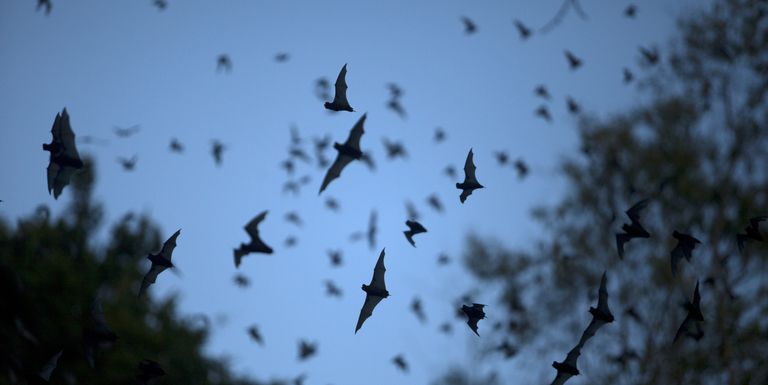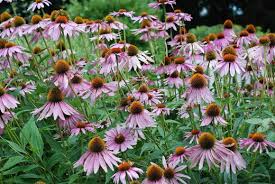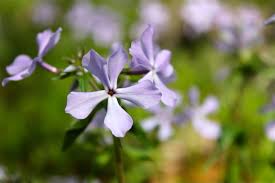Bats have earned a bad reputation for being spooky, nuisance pests in backyards and attics. Let’s dispel those myths this Halloween and focus on how beneficial these flying mammals can be for your garden.
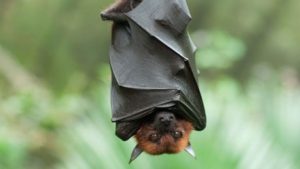
Bats are excellent pollinators and natural pest control, ruling the night after the birds and bees have clocked out from their day shift. As insectivores, bats primarily feast on mosquitoes, but also devour caterpillars, moths, gnats, and beetles. Skip the pesticide! These bug-suckers are made for this, eating up to 5,000 insects in one night. With their taste for tomato hornworms and cucumber beetles, suddenly bats don’t seem so bad!
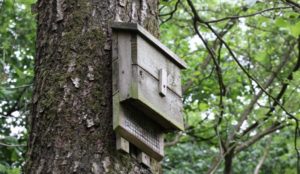 Make your backyard bat-friendly. If dead trees pose no safety concerns to your property, consider leaving it as an ideal refuge for bats and insects. Dead trees not an option? Consider installing a bat box to discourage bats from roosting in your house.There are plenty of DIY templates out there to make simple bat boxes to install in your yard. Even a small bat box can be home for up to a dozen bats!
Make your backyard bat-friendly. If dead trees pose no safety concerns to your property, consider leaving it as an ideal refuge for bats and insects. Dead trees not an option? Consider installing a bat box to discourage bats from roosting in your house.There are plenty of DIY templates out there to make simple bat boxes to install in your yard. Even a small bat box can be home for up to a dozen bats!
Plant bat-attracting native plants this fall. No bat-ter time to plant than fall, and no bat-ter way to keep pesticides from our waterways! Try planting night-blooming native flowers such as evening primrose, coneflower, phlox, and joe pye weed. Fragrant flowers will lure insects that bats like to eat. These misunderstood creatures will thank you.

